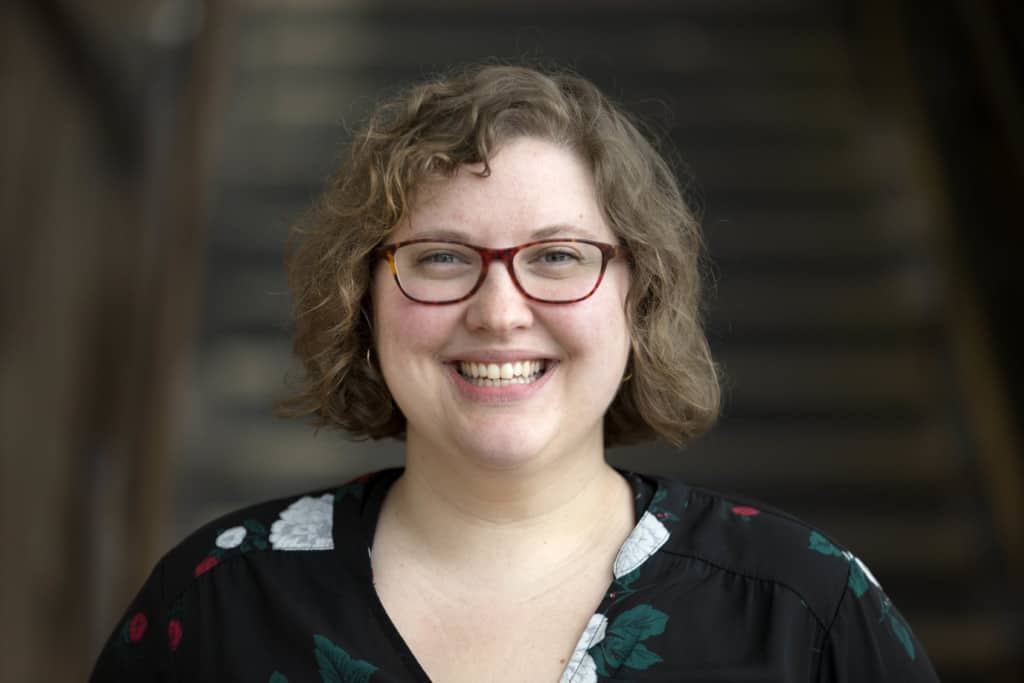
Aero 590 Projects
For MSE students interested in pursuing research opportunities, consider pursuing AEROSP 590. This course can provide research experience for those interested in developing deeper knowledge on a specific subject or planning to apply to PhD programs.
Students are also able to complete directed study courses outside of AERO for credit. For instance, students interested in space science may complete an independent study with faculty in CLaSP (SPACE 590) for aerospace engineering MSE credit.
Aerospace direct study courses (AEROSP 590)
Aerospace 590 is a directed study course, where a student is able to get one-on-one research training with an individual faculty member.
Students may earn up to six MSE credits through 590 courses. AERO 590 make be taken during the summer semester.
To register for a direct study course
- Review the list below of direct study offerings to get an idea of the types of research projects that qualify
- Decide how many credits to enroll in 590 for during one semester (students may enroll for 1-6 credits per semester, but most take 590 for two or three credits at one time)
- Identify a faculty member with a common research interest, or submit a research proposal to a faculty member
- Ask permission to take a direct study course with an individual faculty member by emailing them directly
- If the faculty member approves, contact the Aero Front Desk ([email protected]) for an override code for AEROSP 590 with the faculty member. Be sure to note how many credits you’ll be taking.
- Register for the class using the override code (note: this is not automatic – you will need to register for the course on Wolverine Access)
Aircraft Conceptual Design Using Gradient-Based Optimization
Faculty mentor: Professor Joaquim R. R. A. Martins
Prerequisites: AE481 Aircraft Design or equivalent. Good programming skills. Knowledge of or willing to learn Python and compiling C/C++.
Project description: This project consists in using an aircraft conceptual design toolbox in conjunction with several optimization algorithms to explore optimal aircraft designs with respect to cost, fuel burn and greenhouse gas emissions. The work involves setting up optimization problems, solving them and interpreting the results.
Expected Time Commitment: TBD
Aerodynamic Analysis of X-HALE
Faculty mentor: Professor Carlos E. S. Cesnik
Prerequisites: AE325 Aerodynamics or equivalent; AE544 Aeroelastiicity or equivalent is highly desirable but not required. Good programming skills, primarily Fortran. Knowledge of or willingness to learn AVL and PMARC.
Project description: This project involves performing steady (AVL) and unsteady (PMARC) analyses of X-HALE configurations, a nonlinear aeroelastic testbed being developed at the Active Aeroelasticity and Structures Research Laboratory. The study will start by characterizing the linearized aerodynamic properties of the aircraft and assess the effect of the downwash on the horizontal tails. Unsteady aerodynamic simulation will follow.
Expected Time Commitment: 9 hours/week (3 credits)
NEED HELP?
Contact Ruthie Freeman with any questions about whether or how AEROSP 590 might be right for you.
